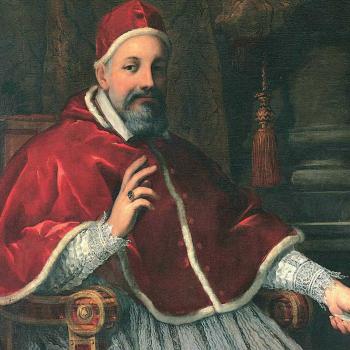Life, Eugen Rosenstock-Huessy says, is suffering, battle, pain, shock, failure, elation. Human beings are always torn, always riven. Much of human life, individually and collectively, is an effort to deal with suffering and death. By being the first Man, Jesus establishes the possibility of a different stance toward suffering and death. Life after the cross, and life in the cross, is a life in which death never has the final word, but where death is a path toward new, more... Read more




















